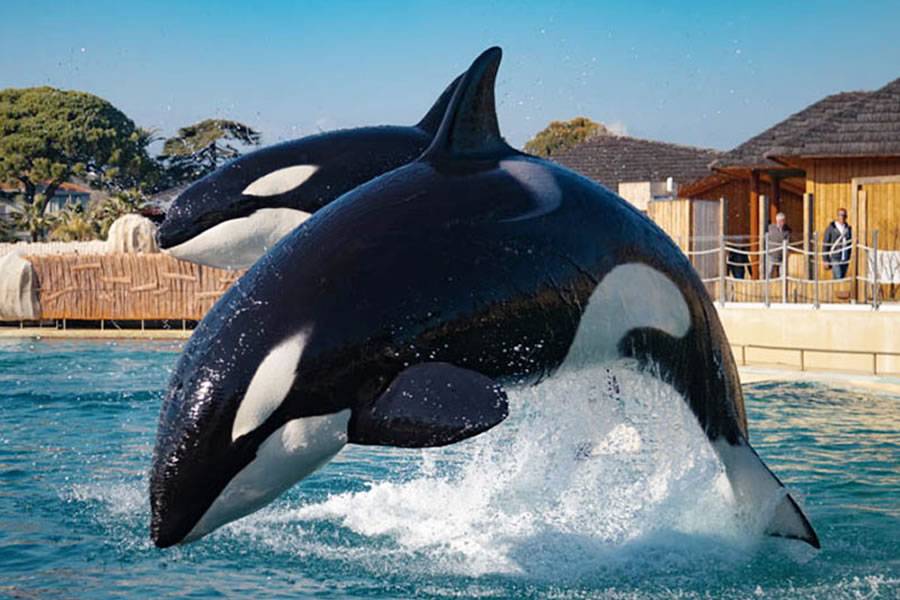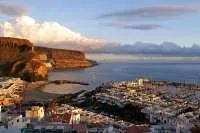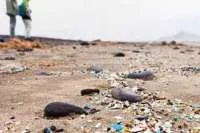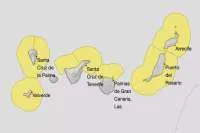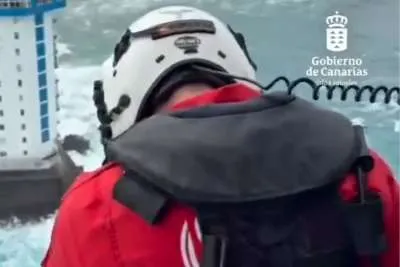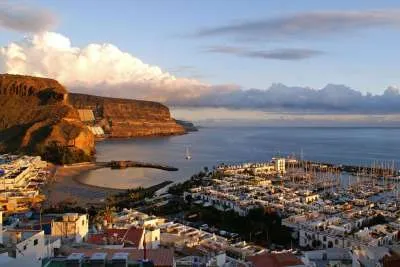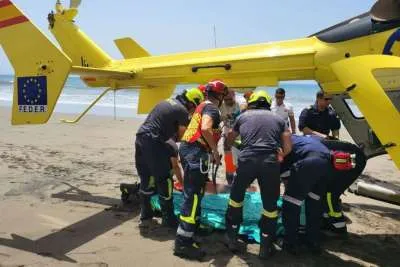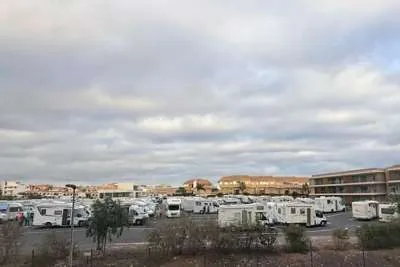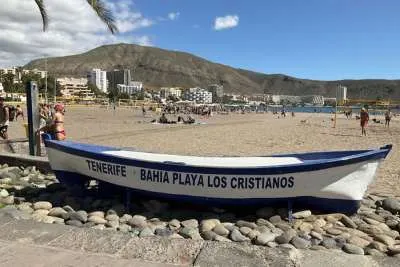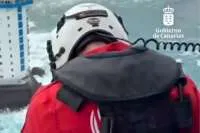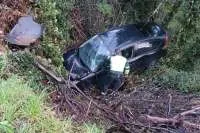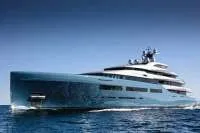Europe’s largest marine park closes leaving two Orcas without a home
- 06-01-2025
- National
- Canarian Weekly
- Photo Credit: Marineland
Marineland, the largest marine park in Europe, has closed its doors after more than 50 years of operation, leaving the fate of 4,000 animals - including two orcas - in question.
Among the possible relocation options for these cetaceans is Tenerife, which has emerged as a potential new home.
Located in Antibes on the French Riviera, Marineland was a popular destination for marine life enthusiasts since its opening in 1970. However, changing attitudes toward animal performances and new legislation led to its closure. A final orca show was held yesterday, January 5th, marking the end of its activities during the last day of the holiday season.
A law enacted in 2021 prohibits cetacean performances in France from 2026. Combined with a steady decline in attendance, from 1.2 million visitors annually a decade ago to just 425,000 in recent years, these factors sealed the park’s fate.
In December Marineland explained that 90% of its visitors came specifically to see the orca and dolphin shows, making the ban on such performances incompatible with continued operations.
The Challenge of Rehoming Orcas
The closure poses a significant challenge in rehoming the two resident orcas, Wikie (23 years old) and her son Keijo (11). The prospect of releasing them into the wild was quickly ruled out, as experts believe they lack the skills necessary to survive in their natural habitat.
Initially, Marineland considered transferring the orcas to a facility in Japan, but France’s Ministry of Ecological Transition vetoed the plan. Minister Agnès Pannier-Runacher cited the orcas’ "fragile" state and the significant risks associated with a transcontinental relocation. Additionally, she noted that Japanese facilities do not adhere to the same stringent animal protection standards as those in Europe.
Tenerife as a Potential Destination
Among the options being explored is relocating the orcas to Loro Parque in Tenerife, due to the excellent conditions and high standards they maintain for their animals. While this idea remains under consideration, it is "just one possibility," according to a Marineland spokesperson.
Other alternatives include a proposed natural sanctuary in Nova Scotia, Canada, advocated by the animal protection group One Voice. However, the sanctuary is not yet operational, further complicating the decision.
Minister Pannier-Runacher emphasized that Marineland must present concrete proposals to the government. However, she acknowledged the broader challenge, stating, "Currently, there is no sanctuary anywhere in the world capable of housing two orcas."
As the fate of Wikie and Keijo remains uncertain, the debate highlights the complexities of balancing conservation, animal welfare, and the logistical challenges of rehoming large marine mammals safely.
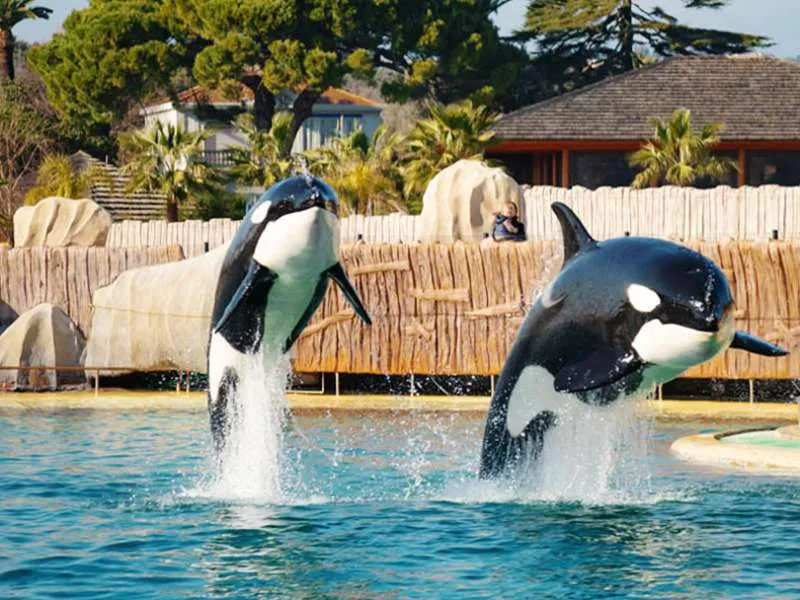
Other articles that may interest you...
Trending
Most Read Articles
Featured Videos
TributoFest: Michael Buble promo 14.02.2026
- 30-01-2026
TEAs 2025 Highlights
- 17-11-2025


